Staying productive can be a real struggle.
While there is no shortage of apps designed to keep us productive and hit our work goals, there are even more productivity killers out there.
In today’s world of social media, endless real-time notifications, chitchat, meeting requests, and competing priorities, distraction is the norm.
Here are six of the most common productivity killers.
Anxiety
This is the silent elephant in the room at most companies. Anxiety is an emotion characterized by feelings of tension and worry. It can also cause physical changes like increased blood pressure.
When most people think of anxiety, they think of full-blown panic attacks. The reality is that most anxiety symptoms are a little more subtle; however, they can have damaging effects on our productivity over time. In fact, 40 percent of workplace employees experience persistent stress or anxiety daily.
When you are anxious or overthinking something, this can wear you out, leaving you less productive and more likely to get sick.
To alleviate some of these anxious thoughts, try meditation and focus on your breathing when you find yourself having an anxiety attack.
Social media notifications
Social media is great for catching up with family and friends, but if left unchecked it can be a giant time suck.
Whether you work from home or go into an office for eight hours a day, it’s easy to become distracted by social media apps. According to this article, the average person spends about two and a half hours a day on social media, and employees can spend up to one-third of their workday on social media.
If social media is a big productivity killer for you, here are a couple of tips:
- Silence your phone or turn it off during your peak hours or deep work times.
- Schedule regular, 10–15-minute social media breaks for yourself.
Meetings
Have you ever been in an hour-long meeting about something that could have been addressed in an email or a five-minute phone call?
I know I have.
Many meetings are a great example of faux productivity, when you look busy but aren’t accomplishing much.
According to a Salary.com survey, 47 percent of participants listed meetings as their biggest waste of time. Meetings become a waste when they don’t start and/or end on time, or when they have no defined purpose, action items, or prep done in advance.
Here are some tips to make your meetings more effective:
- Write down questions in advance.
- Set a time limit.
- Have a defined purpose.
- Come up with an agenda beforehand.
Chaotic work environments
In the words of Marie Kondo, does your office spark joy or create confusion?
Your workplace environment has a big impact on your productivity.
Nowadays, open-plan workspaces are common. They are thought to increase collaboration; however, they do just the opposite and hurt productivity. One common distraction is noise.
Another distraction, no matter the workspace plan, is a cluttered or messy desk. For example, imagine a time when you were at your desk, and you couldn’t find the one document you needed to complete a project. That 10-minute project turned into a 30-minute one because of one missing report that was buried under a bunch of clutter.
If you spend 10 minutes once a week decluttering your workspace, you can save yourself a ton of time in the long run.
Office gossip
Watercooler talk is essential for employee morale, team-building, and company culture. However, if you spend two hours every day catching up with Sally in accounting about what happened on Game of Thrones, this becomes a distraction and negatively impacts your ability to get stuff done.
Taking on too many projects and tasks
Have you ever been so concerned that a project be done in a certain way that you pour all of your effort into it, leaving the rest of your tasks and projects to pile up?
You may think you can do it all. But when you multitask or take on too much at once, your work will suffer across the board.
The solution lies in delegating.
When you start to feel overwhelmed, and your to-do list becomes unmanageable, that’s when you should begin to delegate tasks to your coworkers, interns, etc. Not only will this ensure projects stay on track, but it will also keep you from burning out.
The first step to becoming more productive is to understand your triggers. Which of the above distractions causes the most significant problems for you? Once you’ve figured that out, start experimenting with solutions to help you stay on track.




























































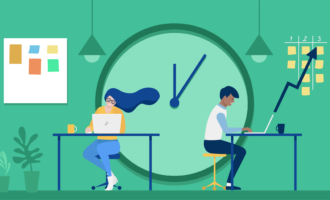


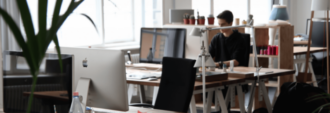




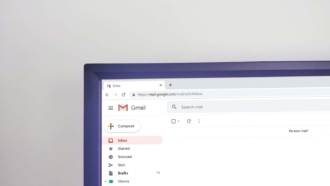








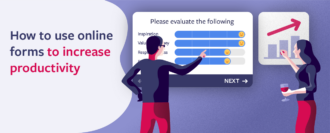








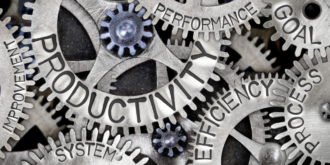
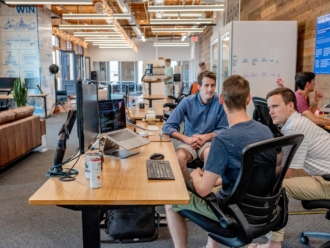








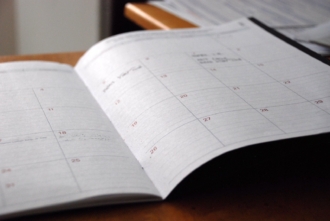





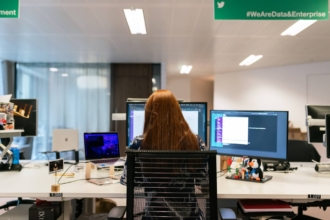




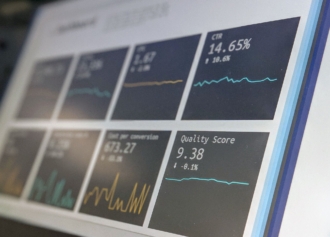
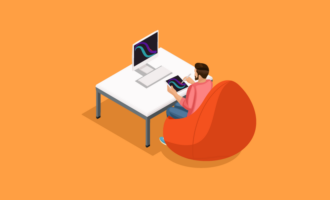

Send Comment: